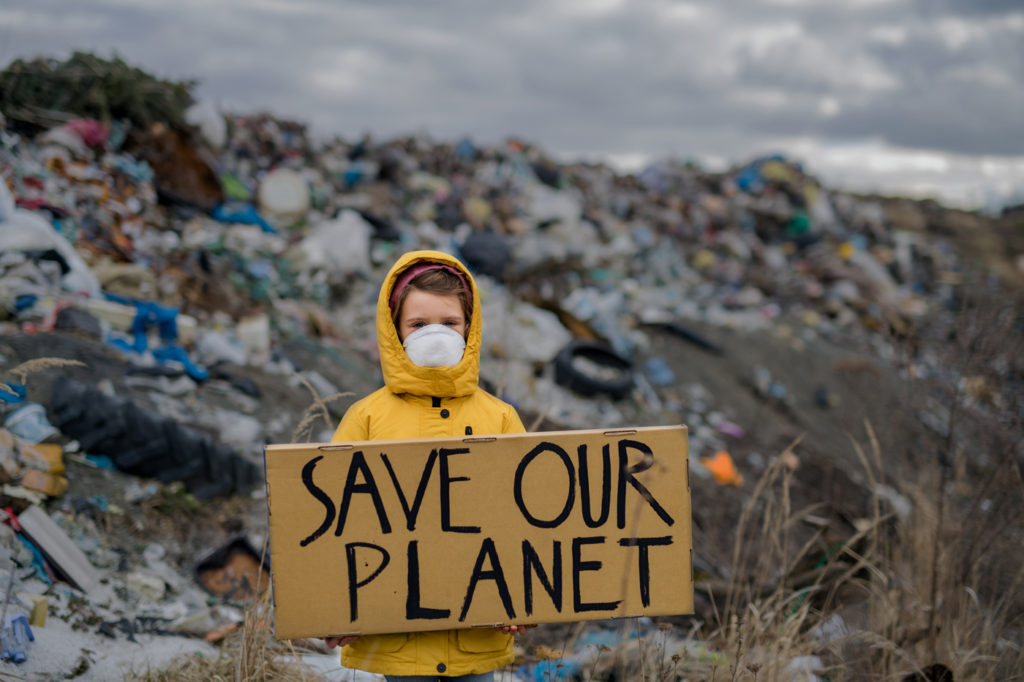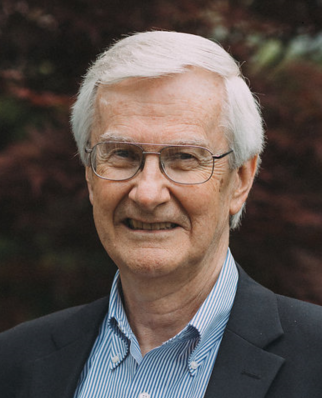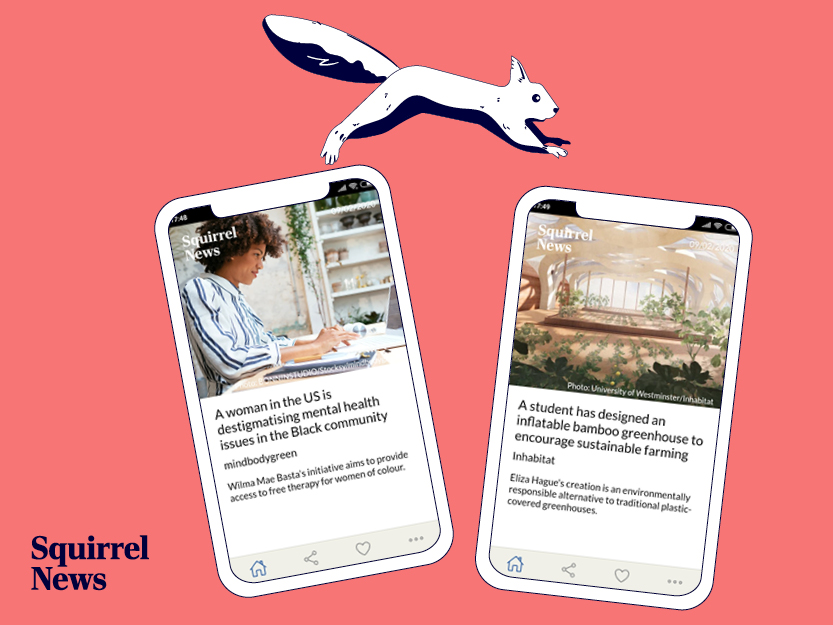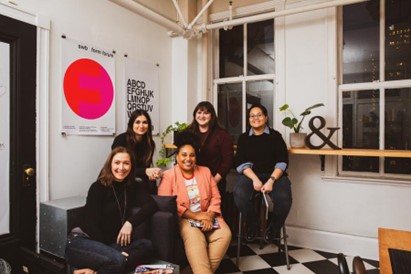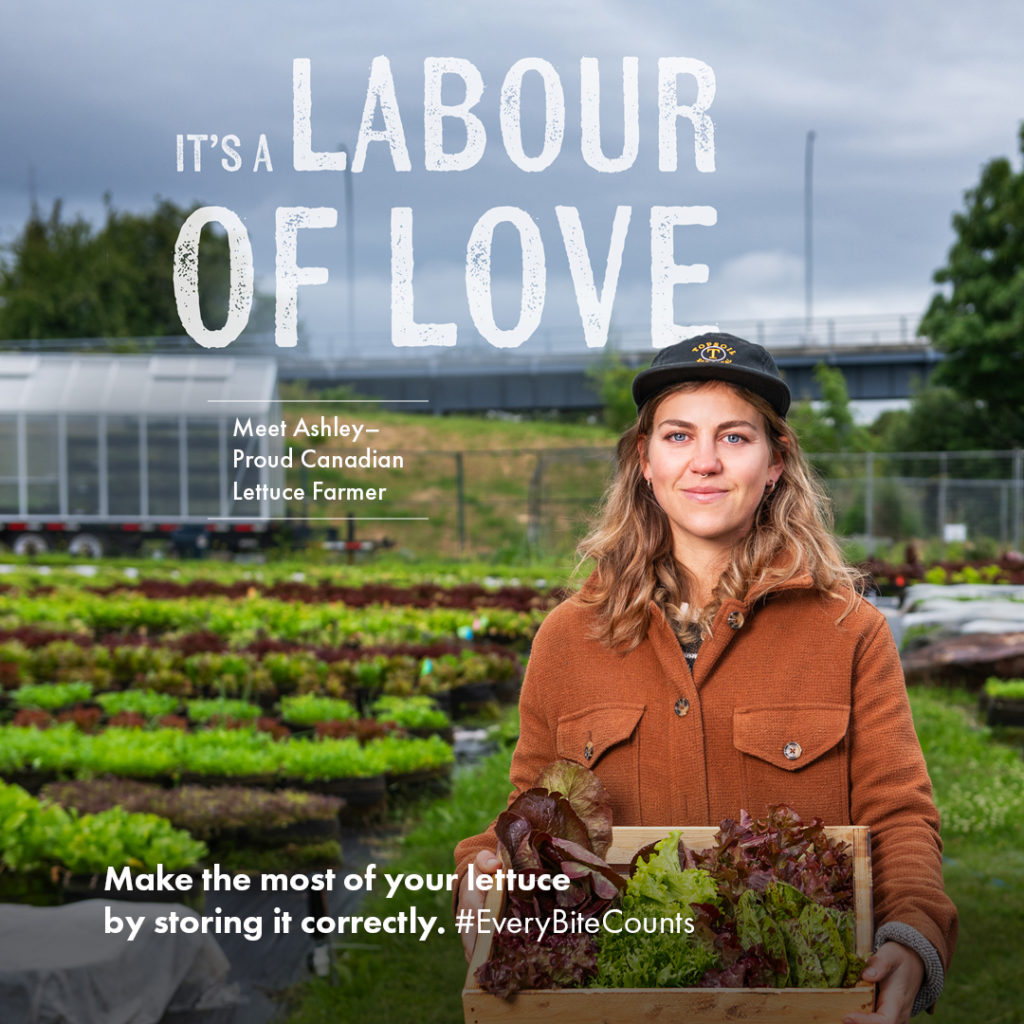Wellbeing Economy, Purpose-Driven Organizations, and Meaningful Work: A Practical Revolution
By: Dr. Victoria Hurth and Professor Lorenzo Fioramonti
“You never change things by fighting the existing reality.
― Buckminster Fuller
To change something, build a new model that makes the existing model obsolete.”
In our opening editorial, we outlined how a Wellbeing Economy is aligned with a sustainable future and an efficient, effective economy and how purpose-driven organizations operationalize this economy. In turn, purpose-driven organizations unleash and are dependent on the energy of meaningful work and lives of individuals, households, and communities. As well as being the power behind a Wellbeing Economy, the ability to contribute to and engage with purpose-driven organizations directly increases wellbeing through bringing a sense of usefulness, joy, and community through our daily activities. This is in contrast to the conventional wisdom that by increasing our financial income, we can purchase more consuming goods as a way to achieve a good life.
This is why we advocate a three-level shift in the macro (Wellbeing Economy), meso (Purpose-Driven Organizations), and micro (Meaningful Work and Lives) realms of the market economy, thus turning a vicious circle (the current consumption-based economy) into a virtuous one, based on long-term wellbeing for all (sustainability).
Some may feel that we are outlining some unattainable utopia. We are optimists but please don’t mistake our optimism for naivety — we recognize that there is still a long way to go, and the ultimate path is not certain. However, we also know that there are no fundamental barriers in the way of achieving this shift if we collectively wanted to. It merely rests on collective imagination and faith that positive change is in our hands.
The various insights revealed in this issue of Make The World Better Magazine were compiled to feed this faith and imagination. While they are just a partial window on the change that is possible, they represent a revolution that has been underway for some time. Once you tune in, you can witness everywhere, at all levels, and all around the world.
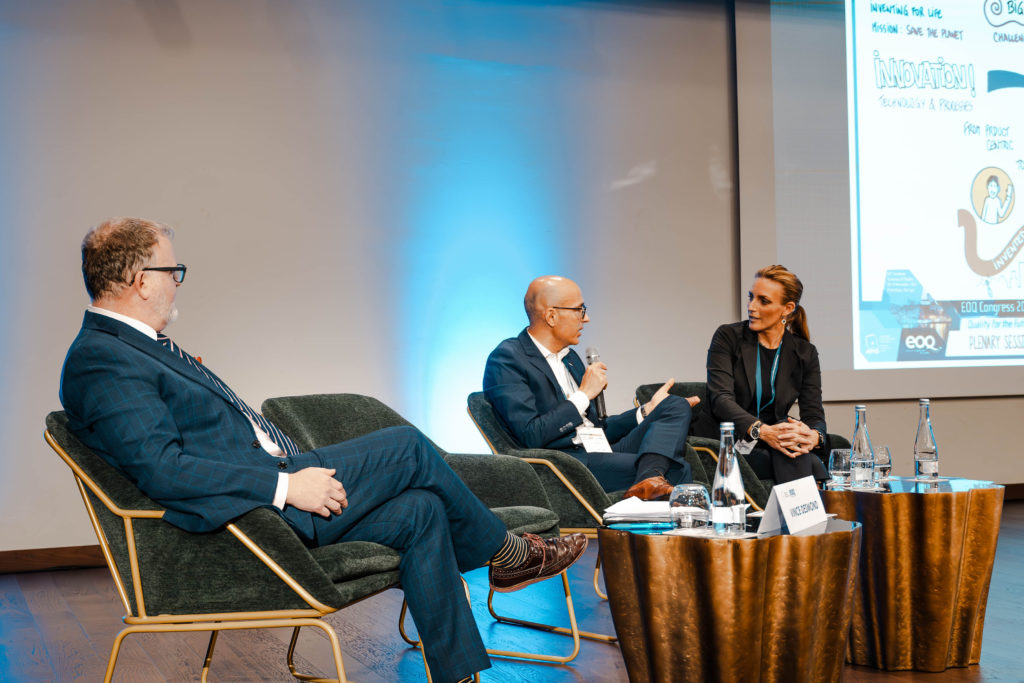
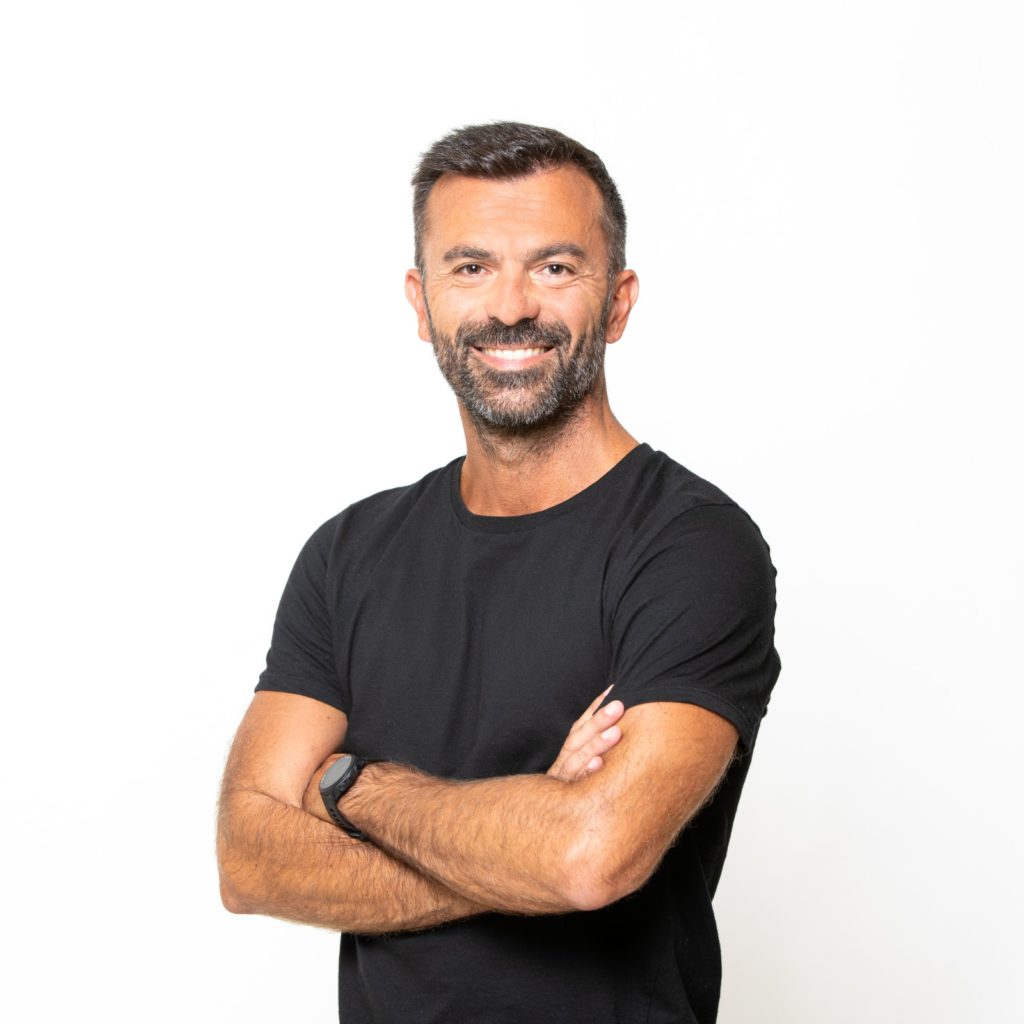
The Macro Level
At a macro level, the Wellbeing Economy revolution is about a tangible shift away from governing as if GDP is the core objective — as if this is a good way of understanding if the economy is achieving long-term wellbeing for all — toward directly measuring and governing wellbeing outcomes. This macro-level governance needs setting at national as well as local levels of government.
The insights in this magazine from the people working on the Wellbeing Economy Alliance Canada, the Network of Wellbeing, and the Canadian Purpose Economy Project all detail the widespread and expanding action to make the Wellbeing Economy a reality. The articles help bring to life the motivations for the Wellbeing Economy at the macro level and key ways people can keep up to date and get involved, from signing up for newsletters to engaging with key resources
Beyond Scotland and Canada, countries that are spotlighted in this magazine, the Wellbeing Economy Governments (WEGo) also include Wales, Iceland, New Zealand, and Finland. In addition, a number of countries outside of this group have been pushing to develop the foundations of a Wellbeing Economy. For example, the EU has been pushing this agenda concertedly since its 2009 Beyond GDP project and the UK developed Quality of Life indicators as part of its Measures of National Wellbeing program in 2010.
The work happening through the Wellbeing Economy Alliance and beyond builds on practical work that began in the 1990s with the UN’s Human Development Index, and in Asia, where Bhutan’s Gross National Happiness (GNH) framework has long been a beacon of change toward a Wellbeing Economy. What is hugely important is that once you start properly measuring what matters, you realize how much real value is being lost through blindly growing financial income as if this will automatically result in wellbeing outcomes.
Work has been expanding over the years at national and local administrative levels to expose “social return on investment.” These and other multi-capital accounting experiments have been gaining sophistication over the years, and we are starting to get consensus at the international level on the best approaches that put wellbeing as the central currency.
Action is also being taken by the world-renowned Club of Rome, which has spearheaded the global debate on economic transformation since the 1970s and openly advocates for a Wellbeing Economy to replace the contemporary growth-focused market economy in its latest book, Earth for All.
The Meso Level
While the shift in ambition at the level of the macro market economy is vital, this needs to be made real through purpose-driven organizations, including governments as organizations. Purpose-driven organizations by definition routinize decisions that support the Wellbeing Economy. As we outlined in our previous editorial, it is governance that routinizes action toward an objective (within clear parameters), oversees whether or not this has been achieved, and is accountable for that fact to relevant others. In this nested system, we need the right direction, oversight, and accountability at the macro level of governance in order to motivate and retain the right governance at the level of organizations where the value-creation work happens.
Recognizing this deep interconnection between the Wellbeing Economy and purpose-driven organizations, Mike Rowlands and his team at the Canadian Purpose Economy Project have been working to convene and amplify the voices of prominent CEOs and other organizational members to lobby for a macro environment that can help purpose-driven organizations thrive. Given that Canada has a history of being a Wellbeing Economy visionary, as Tara Campbell from WEAll Canada outlined, and that the purpose-driven business community is very active, this is a context where change could be supercharged.
At the operational level, inspiring stories of purpose-driven organizations working hard to make the Wellbeing Economy real at a meso level have been brought to life in this magazine by NATIVA, The Purpose Business, Therme Group, Anglian Water, and Inspired Villages. Together they help illustrate in real terms what business models look like when they exist to make a contribution to long-term wellbeing for all while ensuring they achieve that purpose in a way that protects and enhances the assets they rely on.
Eric Ezechieli from NATIVA and Andy Brown from Anglian Water illuminated the role that the legal context plays in anchoring decisions to a clear, durable, and dedicated purpose. For NATIVA, the first certified B Corp in Europe, the Benefit Corporation legal form has been a central pillar of driving change. For Anglian Water, as one specific company on a purpose-driven journey, it has been about changing their constitution within traditional legal form and then using the British Standard in purpose-driven organizations, “PAS 808:2022 Purpose-driven organizations. Worldviews, principles and behaviours for delivering sustainability” (PAS 808) to embed this across the company.
Regardless of whether you can change your legal form, it is the governance and management practices that make purpose, and therefore the Wellbeing Economy, real in day-to-day decisions. Like NATIVA, Pat Dwyer outlined how The Purpose Business is itself a purpose-driven organization that works with a wide range of organizations to support their lived purpose journey. While both work globally, NATIVA is more European-centric while The Purpose Business focuses on the change happening in Asia. Together these demonstrate the global nature of work to bring about the Wellbeing Economy through purpose-driven organizations.
What these stories also well demonstrate is the blue sky thinking and hyper-innovation that sweeps in when you flip to a purpose logic of decision-making that is wellbeing, and, therefore, sustainability-oriented. Product and service ideas and the scope of collaborators open up as the business-as-usual (BAU) way of thinking about markets shifts from a marketplace of potential financial income capture to a marketplace of potential wellbeing outcomes. In addition, decisions start to become bounded by hard parameters that make the protection and enhancement of social and environmental systems (like healthy water systems) and the health of stakeholders a non-negotiable limitation. These parameters shape business model design and all strategy to achieve the purpose — thereby making sure value isn’t created through innovation in one place but destroyed through operations to achieve it.
The existing system that promotes asset-stripping of our shared resources in order to make financial profit makes it difficult to operate within parameters that protect social and environmental systems. At the same time, with the right mindset, research shows creativity is heightened with hard parameters. Furthermore, the expanded innovation mindset of purpose and freedom from old ways of thinking that purpose unlocks means that these organizations can find ways around problems others can’t see and gives energy to sustain grand plans.
If you are purpose-driven, then you also care as much about governing for healthy stocks and flows of non-financial capital as financial capital, as well as ensuring the business model operates within social and environmental thresholds of health. You count what matters, you recognize you can’t always count it and seek multi-stakeholder insights, and you make decisions based on that fuller view. This is also the basis of being able to comply with the oncoming ESG reporting agenda, which, while starting out as an investor risk and values agenda, is ultimately about society saying to organizations that they can only exist if they can prove that they are not asset-stripping our collective long-term wellbeing. Purpose-driven organizations do this as part of their core processes and are set up to weather this revolution in reporting better than others.
By changing the objective and the parameters, which are the basis of strategy (i.e. how to achieve an objective within parameters) the rationale for action: the “business case” is also fundamentally changed in purpose-driven organizations. This goes hand in hand with leaning on the raft of new multi-capital accounting systems that have been emerging over the years.
Reflecting the shift from GDP at the macro level, we’ve had a couple decades of serious innovation in organizational-level accounting: everything from the Environmental Profit and Loss Account (EP&L) spearheaded by Puma, to full multi-capital accounting processes mainstreamed by organizations like the once-prominent International Integrated Reporting Council (IIRC) and the Capitals Coalition, to recent pushes to provide estimated costs of externalities in the notes to the accounts in order to fulfill director duties to assure accounts are “True and Fair.”
One further striking aspect of what characterizes purpose-driven organizations is the collaborative approach taken to bring communities of practice closer together to drive advanced change. All contributions to this issue of Make The World Better Magazine in some way exposed supercharged collaboration and co-creation.
Nowhere is this taking root more seriously than in the national standards-building work to build and expose the emerging consensus on the governance and management needed at the meso level. The British Standard, PAS 808, can be freely downloaded and was designed to be applicable globally and in any organization.
However, while that was the intention, it is only when the question of “how is a purpose-driven organization governed and managed” posed at an international level can we really know what the consensus on this is. Twenty twenty-four may be the year this process kicks off within ISO (the non-governmental process of consensus building made up of 167 counties). Any pre-work to scrutinize and experiment with PAS 808 is a way to prepare for this, and you can join the implementors group on LinkedIn.
The Micro Level
The macro Wellbeing Economy provides the structure for the meso-level purpose-driven organizations to flourish, and this, in turn, unlocks enhanced meaningful work and lives — and hence, enhanced direct wellbeing — for those who work for, buy from, live near, or are impacted by them.
Duncan Newbury from Therme Group and Jamie Bunce from Inspired Villages brought colour to this by describing how being in service to a world of long-term wellbeing for all has led to business models that seek to enhance wellbeing directly. Both are using science and experimentation to understand more and more about what fulfills us as humans. They are brilliant examples of how businesses can flourish precisely because they care most about the wellbeing of those they touch with their daily activities.
While there has been decades of concerted research and practical innovation on the topic of meaningful work and lives, this has not yet been properly connected as a global movement and certainly has not been properly integrated with the meso level of purpose-driven organizations and the macro level of the Wellbeing Economy — the levels which underpin whether or not we can use our individual efforts to make sustainability a reality.
To all those working directly in advancing meaningful work and lives, we would love to see recognition for the work you do and for your work to directly feed into and from the meso and macro levels described here.
Sparking the Three-Level Shift
The three-level shift we have described in detail is the necessary result of a period of economic paradigm “flux” that we have lived through in the last couple of decades. A period where business-as-usual thinking has deteriorated in the face of the wide-scale social and environmental system breakdown that it drives. It has felt confusing and difficult to move beyond describing “what is wrong” to being able to precisely describe what the alternative looks like. We believe that this is what the three-level shift represents.
We hope we have helped convince you that while there is, of course, a long way to go, we already have the base foundations in place and the basis to enact rapid change globally. In many ways, this is not about creating something new but taking away the barriers that stop the positive outcomes we as humans are motivated by.
Imagine, for example, those who went into politics to improve their communities but became stuck in a game of sacrificing what matters to improve the national accounts. Imagine the number of purpose-driven organizations that couldn’t get off the ground because of a structured competitive environment that allowed profit-making from social and environmental harm. Or the entrepreneurs who put vast amounts of energy into solving a genuine wellbeing problem but whose only option was to borrow toxic finance from those who co-opted their governance for financial income capture. Think for a moment about the average person who would love to go to bed feeling that they didn’t just pay the bills but used their time, energy, and skills to contribute positively to the world around them, rather than feeling worse and worse about the effects of their talent. This is the potential waiting to be unlocked. And the first biggest barrier that we need to overcome is that the majority of the world understands this and can see the way forward outlined in this magazine.
In summary, we believe all the conditions are in place to reform the market economy at the macro, meso, and micro levels. What is missing is the clarity about the common goal, which we hope this edition provides some small impact on. It is this clarity that will build the unity and confidence for the hard work of directing, overseeing, and being accountable for this transformation — in other words, doing the hard work of changing how we govern the economy and organizations. More than that, this starts with how we govern ourselves as individuals and citizens, the ultimate governing body.
Dr. Victoria Hurth is a global expert; thought leader in sustainability, ESG, and purpose governance; and Cambridge Institute for Sustainability Leadership Fellow.
Professor Lorenzo Fioramonti is the Founding Director of the Institute for Sustainability at the University of Surrey (UK), a member of the Club of Rome, and a former member of Parliament and Minister of Education, University, and Research in Italy.
This story was featured in the Make The World Better Magazine:
